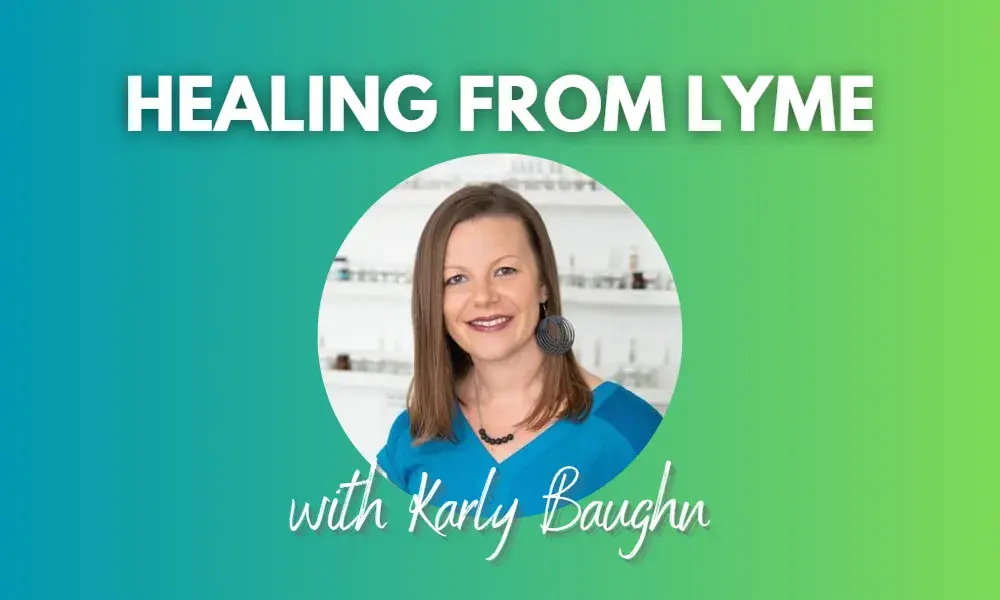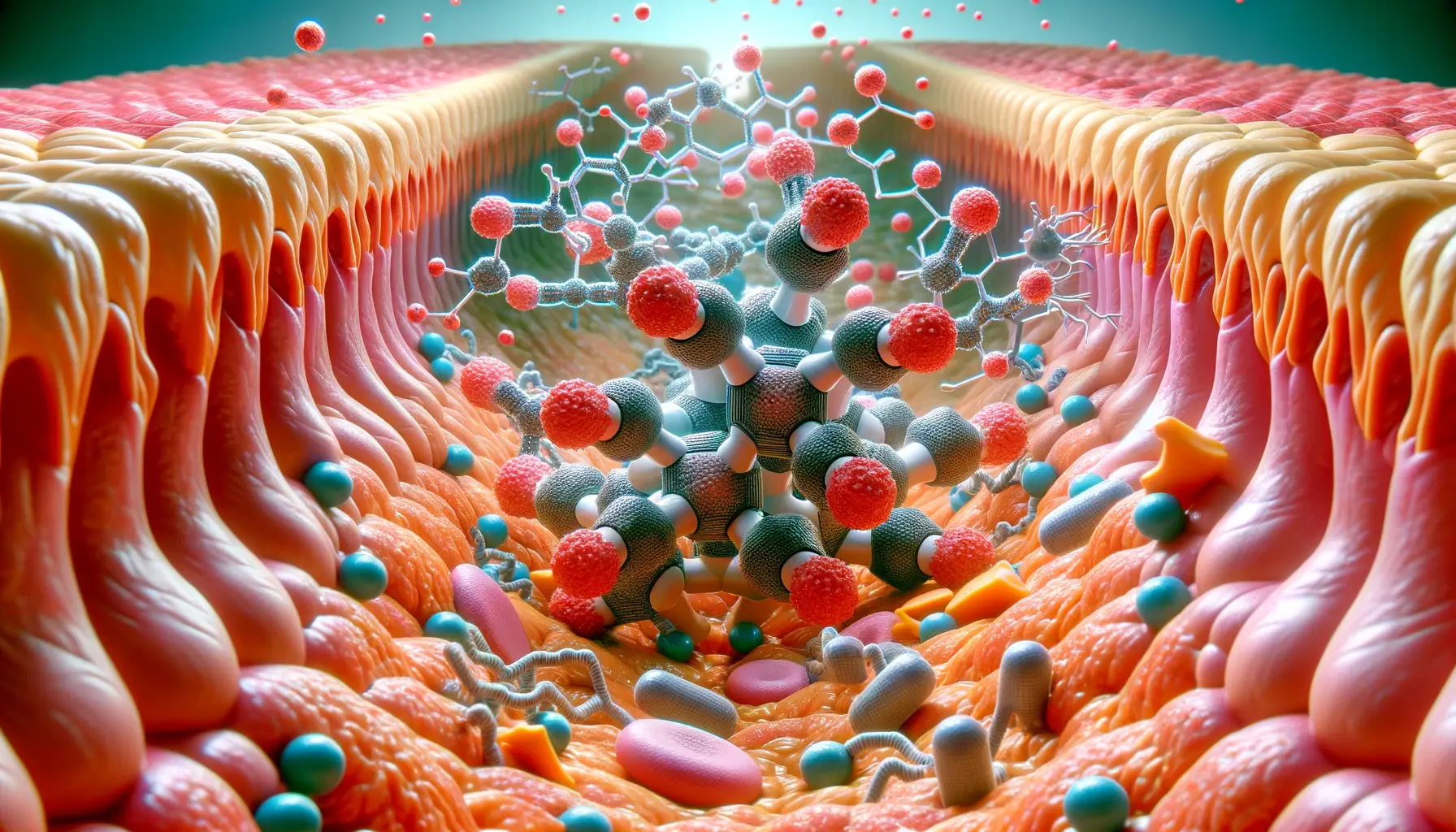
THE WELLNESS BLOG
Empower Your Health: Insights from the Experts
Stay informed and inspired with expert advice, wellness tips, and the latest in holistic health
THE WELLNESS BLOG
Explore Holistic Health Insights
Welcome to the Infinity Wellness Blog—your go-to resource for expert guidance on achieving optimal health and wellness. At Infinity Wellness Center, we’re committed to empowering you with transformative knowledge to improve your well-being. Our blog covers a wide range of topics, from functional medicine and stress relief to nutrition tips and cutting-edge wellness trends. Dive in to discover actionable advice, innovative strategies, and expert insights that support your unique journey toward holistic health.








